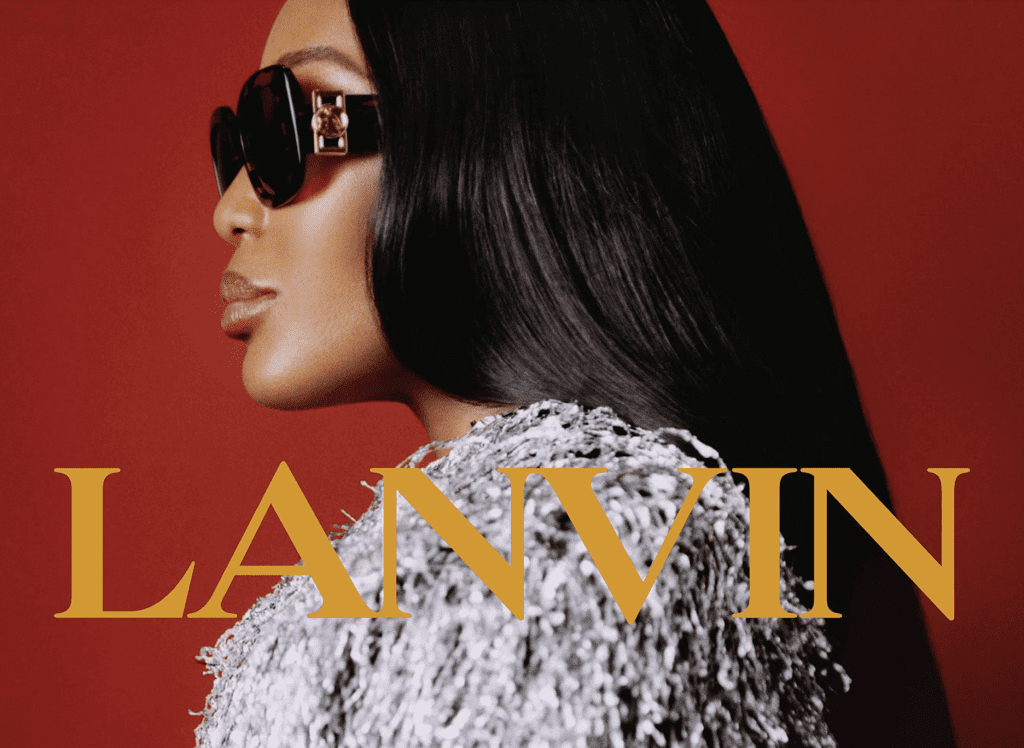Lanvin Group reported revenue for the first six months of the year, touting “one of the highest growth rates in the global luxury industry.” The Shanghai-headquartered Group – which owns the Lanvin, Sergio Rossi, Wolford, St. John, and Caruso brands – revealed that it generated sales of 202 million euros ($198.9 million) for the first half of 2022, up by 73 percent compared to the first six months of 2021. Lanvin, alone, which is in the midst of “a successful brand reset anchored in its French couture heritage,” saw 6-month sales rise by 117 percent to 64 million euros ($63 million), a nod to what management says is “the brand’s growing appeal and [its] strong demand among luxury fashion buyers.”
As a whole, the Joann Cheng-led Lanvin Group’s performance was driven by “outstanding growth in Europe and North America, where revenue was up by 91 percent and 58 percent year-over-year, respectively, a testament to the Group’s “solid foundation in its five brands’ home turf and the success of its global growth strategies.” (The American market is responsible for approximately 15 percent of sales for the Group, with room for “at least” 10 percent more growth in the U.S., according to Cheng.)
Even against the background of stringent COVID-19 restrictions, Lanvin Group reported that sales in Greater China increased by 32 percent year-over-year, with sales in the rest of Asia growing by 194 percent YoY, as the Group’s brands “continued to penetrate new high-potential markets.” Greater China – where sales grew by 32 percent for the first half of the year – represents about 14 percent of the group’s sales, with 10 percent coming from the Mainland. Cheng says that she anticipates that sales in Greater China still have room to grow by roughly 28 percent.
The Group’s global direct-to-consumer sales increased by 66 percent YoY, driven by “strategic retail store opening, as well as e-commerce expansion which included Lanvin’s presence on China’s e-commerce platforms JD.com and RED Mall.” Meanwhile, Lanvin Group, which rebranded from Fosun Fashion Group this time last year, reported that its wholesale revenue grew by 89 percent YoY thanks to “renewed brand propositions, expanded offerings and highly effective marketing.”
Looking specifically at its “flagship” Lanvin, the Group revealed that it is continuing to grow its brand awareness, including by “renew[ing] its global product and merchandising strategy, with an increasing focus on leather goods and footwear and making important ongoing improvements in customer fulfilment.” Sales through wholesale channels increased by 260 percent compared to the first half of 2021, reflecting “solid recognition of the brand’s growing appeal and strong demand among luxury fashion buyers,” as well as “the success of an improved product and merchandising strategy.” Additionally, the Group noted that Lanvin’s revenue through global direct-to-consumer channels grew 75 percent YoY, with e-commerce sales increasing by 71 percent, as the brand “continues its retail expansion and digital execution as part of its omni-channel strategy.”
Geographically speaking, the European and North American markets were Lanvin’s “clear outperforming markets,” respectively recording 201 percent and 235 percent increases in revenue YoY.
Looking ahead, Lanvin Group says that it is “confident in achieving strong results for the fiscal year 2022 for its existing business as consumer appetite for premium quality goods remains strong and resilient,” noting that it will “continue to execute its proven strategies to deliver sustained growth and create long-term value for shareholders against ongoing macroeconomic and geopolitical uncertainties.” Going forward, Cheng said that the Group is actively looking at “new luxury brands,” per WWD, namely, those that target Gen-Z consumers and/or brands with a “relatively new business model and a strong online presence.” However, the Group is “still [in] early stages of the selection process,” she says, noting that its impending public listing on the NYSE by way of a business combination with blank-check firm PCAC is where its focus currently is.













